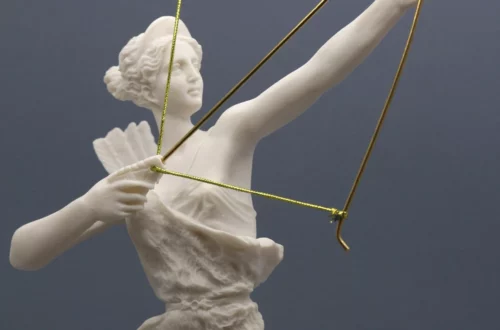How are you smart?
Do you think of yourself as a smart person? I bet many of you don't. You have preconceived views about what it means to be smart and most of you don't think you qualify. Well, I have good news. You are probably smart and you just don't know it!
Do you think of yourself as a smart person? I bet many of you don't. You have preconceived views about what it means to be smart and most of you don't think you qualify. Well, I have good news. You are probably smart and you just don't know it!
One of my greatest joys is teaching students the different ways that people learn and the various definitions of "smart." When I was growing up, we all took IQ tests that were supposed to reveal if we were smart or not. We were tested primarily on math, vocabulary, and spatial ability. After taking the test, we were given a number, and teachers used those numbers to determine where to place us in groups. The smartest kids with the highest numbers were the eagles. The kids with lower numbers were the robins. And the kids with the lowest numbers were doves. It took us kids a day or two to figure out what the bird name meant and to begin defining ourselves by those numbers. Many of us have adjusted our adult expectations by those numbers. But educators in the last 50 years have realized that measuring how someone does on math, vocabulary, and spatial ability is a pretty sorry way to measure intelligence. They have found that people are smart in a variety of different and wonderful ways.
For example, Harvard professor Howard Gardner redefined intelligence by revealing other ways that people are smart:
Visual intelligence(artist/designers);
Logical/ Mathematical intelligence (linear thinkers)
Body/Kinesthetic intelligence(athletes, dancers, craftsmen, actors, coaches);
Musical/Rhythmic intelligence (vocalists, instrumentalists, composers);
Interpersonal intelligence (people skills, motivators, team builders, counselors)
Intrapersonal intelligence (ability to gaze inward, reflection, deep thinkers)
Has God created you with any of these abilities? Maybe you have some capacities that aren't revealed here but contribute greatly–like kindness, a servant's heart, and a willingness to consider others before yourself. God has created all of us to be smart in different, beautiful ways. So stop limiting yourself. Start thinking differently about intelligence, for yourself and for others.
And you are especially brilliant if you are a Christian. In addition to the kinds of intellect I've just described, the Bible says that you are endowed with the mind of Christ (1 Corinthians 2:16). I'm not sure exactly how that works, but that sure makes us smart. The Holy Spirit will guide us into all wisdom and help us discern how to do life well. And that's the greatest kind of smart there is!
So the next time you start berating yourself, comparing yourself to others that you label as smarter than you,(we women are experts at doing that), stop and thank God for the creative ways He made you smart. Then step out and use your smarts to make a difference. A desperate world needs smart women just like you.


